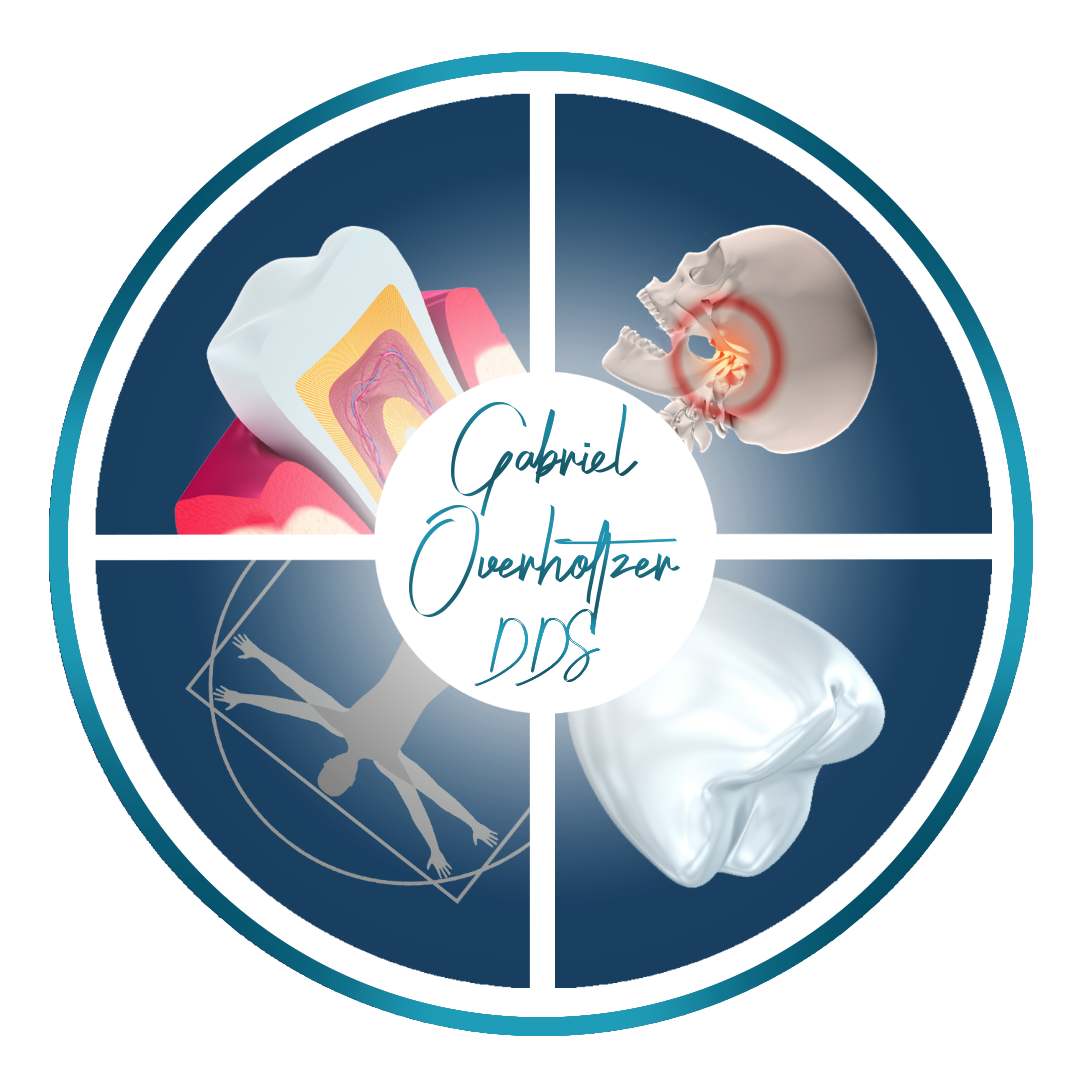Teeth grinding, also known as bruxism, can be a troublesome dental habit that affects both adults and children. While it can lead to various dental issues, there are several effective solutions available to address teeth grinding. In this article, we will explore six main methods to help individuals overcome this problem and protect their dental health.
1. Custom-Fitted Nightguards
One of the most common and effective solutions for teeth grinding is the use of custom-fitted nightguards or mouthguards. These dental appliances are designed to be worn during sleep and act as a protective barrier between the upper and lower teeth. Nightguards absorb the force of grinding, preventing wear and tear on the teeth and alleviating jaw strain.
2. Stress Management Techniques
Stress and anxiety are often significant contributors to teeth grinding. Learning stress management techniques, such as mindfulness, meditation, or deep breathing exercises, can help individuals reduce tension and mitigate the urge to grind their teeth. Identifying and addressing the underlying causes of stress can be a crucial step in managing bruxism.
3. Lifestyle Modifications
Certain lifestyle factors can exacerbate teeth grinding. Avoiding stimulating substances such as caffeine and alcohol, especially in the hours leading up to bedtime, can reduce the likelihood of bruxism episodes during sleep. Additionally, establishing a relaxing bedtime routine can promote better sleep quality and reduce the chances of teeth grinding.
4. Dental Corrections
In some cases, dental corrections may be necessary to address teeth grinding. Orthodontic treatments, such as braces or clear aligners, can help align the teeth properly, reducing the grinding forces. Restorative dental procedures, such as dental crowns, can repair and protect teeth that have been damaged by bruxism.
5. Behavioral Therapy
Behavioral therapy can be beneficial, especially for individuals with severe bruxism. Cognitive-behavioral therapy (CBT) and biofeedback therapy are approaches that can help individuals identify and modify the behaviors associated with teeth grinding. These therapies aim to change the thought patterns and habits that contribute to bruxism.
6. Medications
In some cases, medications may be prescribed to manage teeth grinding in Bishop or anywhere else. Muscle relaxants, anti-anxiety medications, or antidepressants may be recommended by a healthcare professional to alleviate the symptoms and reduce the frequency of bruxism episodes. Medications are typically considered when other conservative approaches have been unsuccessful.
Conclusion
Teeth grinding can be a concerning dental issue, but effective solutions are available to address and manage this habit. Custom-fitted nightguards provide a physical barrier to protect the teeth, while stress management techniques and lifestyle modifications can help reduce triggers for bruxism. Dental corrections and restorative procedures may be necessary in cases of severe tooth damage. Behavioral therapy and, in some instances, medications can also be valuable tools in managing teeth grinding. It’s essential for individuals experiencing bruxism to consult with a dentist or dental specialist to determine the most suitable approach for their specific situation. With the right intervention and proactive measures, individuals can overcome teeth grinding and protect their dental health.
